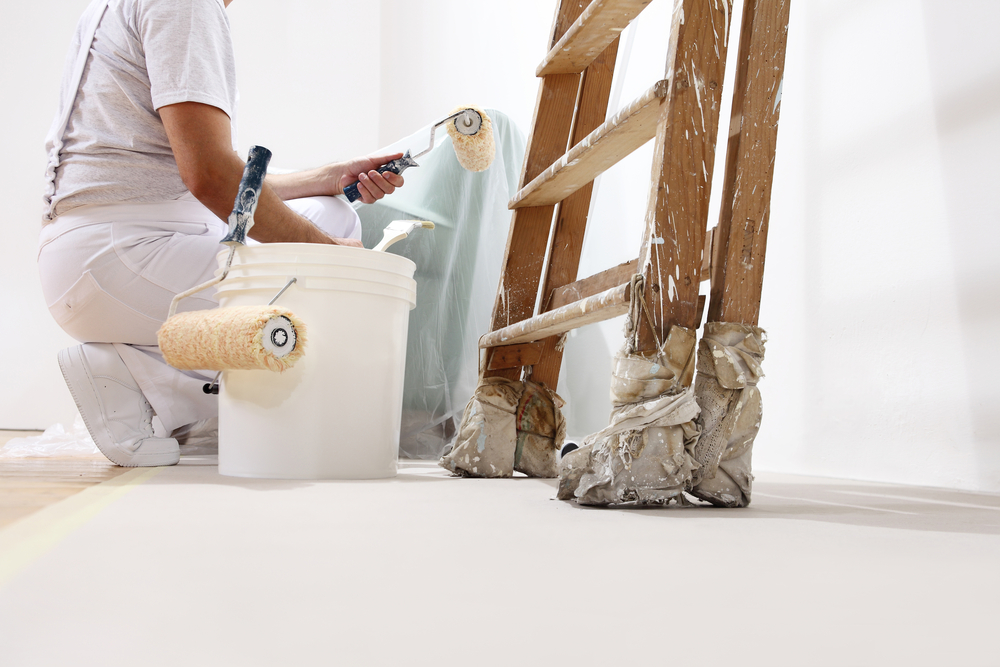What Skills Do I Need?
-
Attention to Detail
Precision in applying finishes and ensuring high-quality results.
-
Creativity
A good sense of design and colour, and the ability to visualise the finished project.
-
Physical Fitness
The stamina to perform tasks that may involve lifting, bending, and working at heights.
-
Safety Awareness
Knowledge of safety practices, particularly when working with potentially hazardous materials or in high places.




